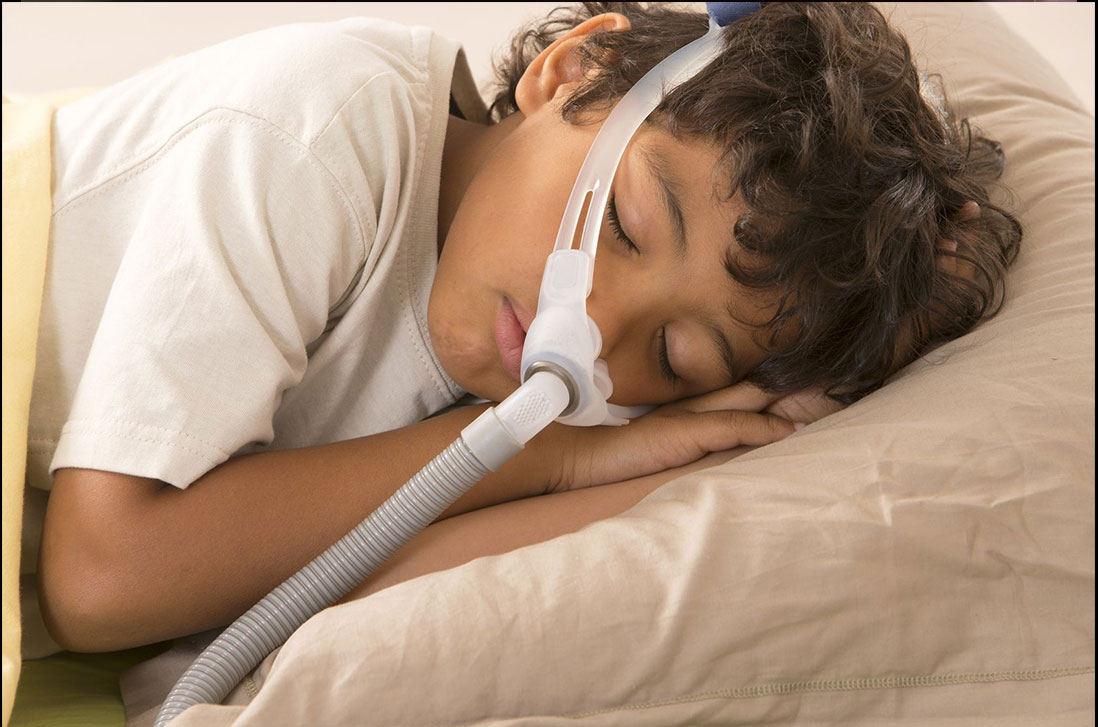
Delicious Sleep
Whether you are in need of a home sleep study or already have a prescription in-hand for your PAP machine, we are here to help. We’ll take care of everything else, from contacting your insurance, communicating with your doctor, fitting you with the right equipment, and replacing your PAP supplies.
PAP Supplies Through Insurance
Because of our wide network of in-network payors, chances are we accept your insurance. We accept Medicare, Medicaid, and most private insurances, and are a preferred provider with many payers.
Get your PAP Supplies In 3 Simple Steps:
- Complete our Sleep Quick Qualification Form.
- A member of our Sleep Management Solution team will contact you, your insurance company, and your doctor in order to determine your eligibility and obtain any required paperwork.
- That’s it! You are now enrolled in our Sleep Management Solutions Program, and will automatically receive your new PAP supplies.
Symptoms of Sleep Apnea
Common symptoms of sleep apnea in children during the night include:
- loud snoring
- coughing or choking while asleep
- breathing through the mouth
- sleep terrors
- bed-wetting
- pauses in breathing
- sleeping in odd positions
Symptoms of sleep apnea don’t only occur at the night, though. If your child has a restless night’s sleep because of this disorder, daytime symptoms can include:
- fatigue
- difficulty waking up in the morning
- falling asleep during the day
Keep in mind that infants and young children who have sleep apnea may not snore, especially those with central sleep apnea. Sometimes, the only sign of sleep apnea in this age group is troubled or disturbed sleep.
Get Started With Sleep Therapy Today
Let us help you treat obstructive sleep apnea. Our Sleep Specialists are ready to help!
We only carry high quality CPAP devices from trusted manufacturers including ResMed, Phillips Respironics, and Fisher & Paykel to provide you with the proper tools for compliance and success based on your individual symptoms, even if you need a BiPAP or AutoPAP instead of a CPAP.
CPAP Machine Types
- CPAP – A CPAP machine can be adjusted to suit a variety of pressure settings based on your needs with respiratory ventilation to treat sleep apnea. While there are multiple styles of machines to meet the needs of a wide range of patients, they can only be set to a single pressure during the night.
- BiPAP – A BiPAP or bi-level positive airway machines can have two different pressure settings. A stronger setting for inhaling and a gentler setting for exhaling, assisting those who have difficulty breathing against incoming pressure.
- AutoPAP – AutoPAPs are able to detect your unique breathing pattern to automatically adjust your pressure settings during the night to keep you comfortable as you peacefully sleep.
Finding the right CPAP mask is an integral part of therapy because your mask connects you to your machine. Finding the correct, comfortable fit can make a major difference for compliance and better sleep.
CPAP Mask Types
- Full Face CPAP Mask – A full face mask creates a seal around your nose and mouth to send airflow into both of your airways. They’re great for people with higher pressure settings.
- Nasal CPAP Mask – Nasal CPAP masks take up less space by only creating a seal around your nose. While this option isn’t recommended for mouth breathers, it’s great for side sleepers.
- Nasal Pillow CPAP Masks – Nasal pillow masks sit at the base of your nose and direct air into your nostrils. They have minimal contact with your face and make it easier to wear glasses, watch TV, or read before bed with a larger field of vision.
It is vital to your health to adhere to your replacement schedule for parts like masks, cushions, headgear, and tubing. When you choose PediaCare Med, you don’t have to worry. We’ll set you up on a regular schedule dependent on your doctor’s orders and insurance provider’s guidelines. We’ll contact you by phone, text, or email whenever you are due for supplies. All you have to do is confirm!
- Every 6 months: Replace headgear, chinstraps, non-disposable filters, and humidifier water chambers.
- Every 3 months: Replace masks and tubing.
- Every month: Replace full-face mask cushions
- Every 2 weeks: Replace cushions, pillows, and disposable filters.

